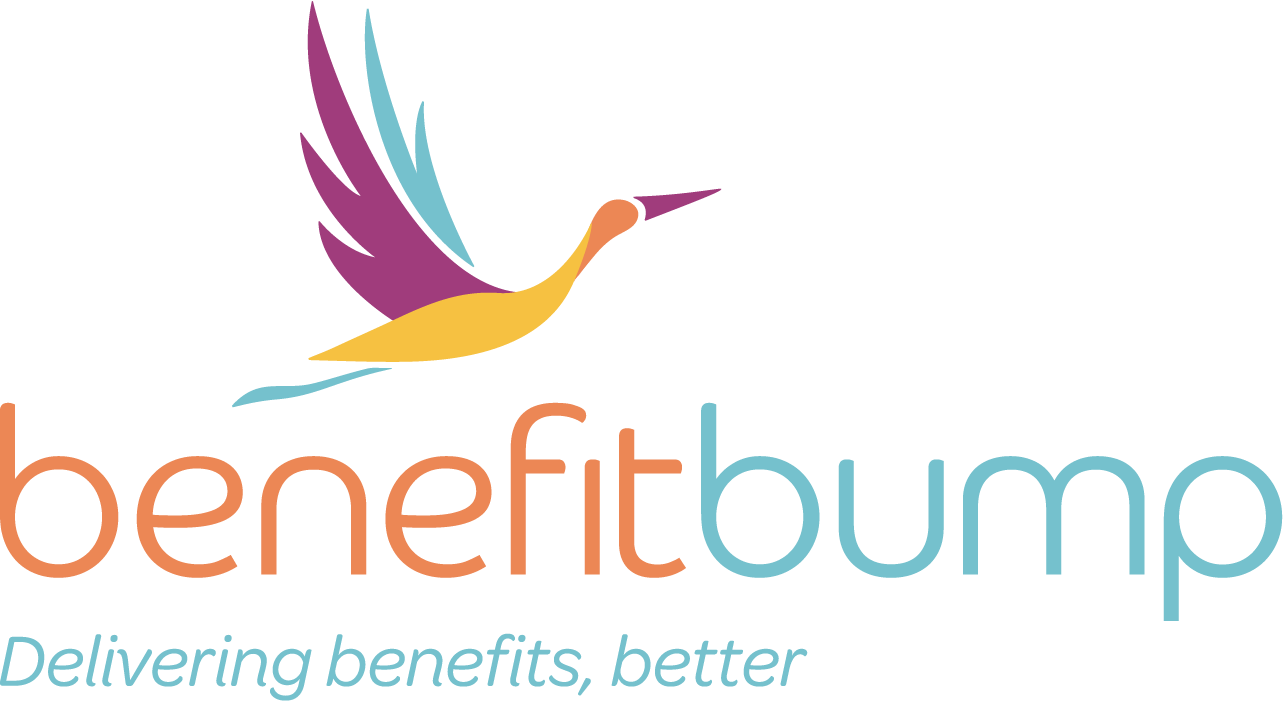Workplace Accommodations During Pregnancy
Helping a pregnant employee continue to work throughout pregnancy and after birth requires a supportive attitude and the right accommodations. Not only do thoughtful accommodations help an employee work as long as possible before birth, but can foster a sense of workplace appreciation and avoid complicated legal issues for employers.
Working while pregnant can be a very vulnerable time, both physically and emotionally. While most women can continue to work during pregnancy and after childbirth, there are some limitations that can occur. Helping a pregnant employee continue to work throughout pregnancy and after returning to work can be done with the help of a supportive attitude and the right accommodations. Providing accommodations not only helps an employee work as long as possible before and after birth, but also fosters a sense of feeling valued and can help an employer avoid difficult legal charges.
As a manager, below are some suggestions regarding accommodating a pregnant employee.
What are some of the situations in which accommodations might be needed? During certain points of pregnancy, some actions may be limited such as lifting, bending, or standing for extended periods. For some women, health complications can arise due to pregnancy or childbirth such as high blood pressure or gestational diabetes. For others, there may already be health concerns that can be exacerbated by pregnancy. If an employee tells you that they are struggling to keep up with a task due to a health condition or pregnancy, you should begin to engage in a discussion on accommodations.
Why be proactive in understanding and providing accommodations? There are two federal laws that may require an employer to accommodate a pregnant worker: the Pregnancy Discrimination Act (PDA), and the Americans with Disabilities Act (ADA). PDA requires employers to treat a pregnant employee who is temporarily unable to perform, or is limited in performing, the functions of her job because of pregnancy, childbirth, or a related medical condition in the same manner as it treats other employees who are similar in their ability or inability to work. The ADA requires employers to provide reasonable accommodations to employees with disabilities, so long as doing so does not impose an undue hardship on the employer. Nearly 27,000 pregnancy discrimination charges have been filed with the EEOC since 2015, so it is extremely important that employers take the accommodation process seriously.
Who can help with the accommodation process? This is not something a manager should try to handle alone. Turn to your local Human Resource representative who can begin what is known as the “interactive process.” To help determine effective accommodations, the Equal Employment Opportunity Commission (EEOC), recommends that employers use an “interactive process,” which simply means employers and employees, with disabilities who request accommodations, work together to decide appropriate accommodations. Your Human Resource representative will help ensure they are meeting the proper obligations to engage in this process.
Where else can I go to learn more? For more information, check out these helpful resources:
The Job Accommodation Network https://askjan.org/
The US Department of Labor https://www.dol.gov/agencies/odep/program-areas/employers/accommodations
US Equal Employment Opportunity Commission https://www.eeoc.gov/employers/small-business/disability-accommodations-tips

